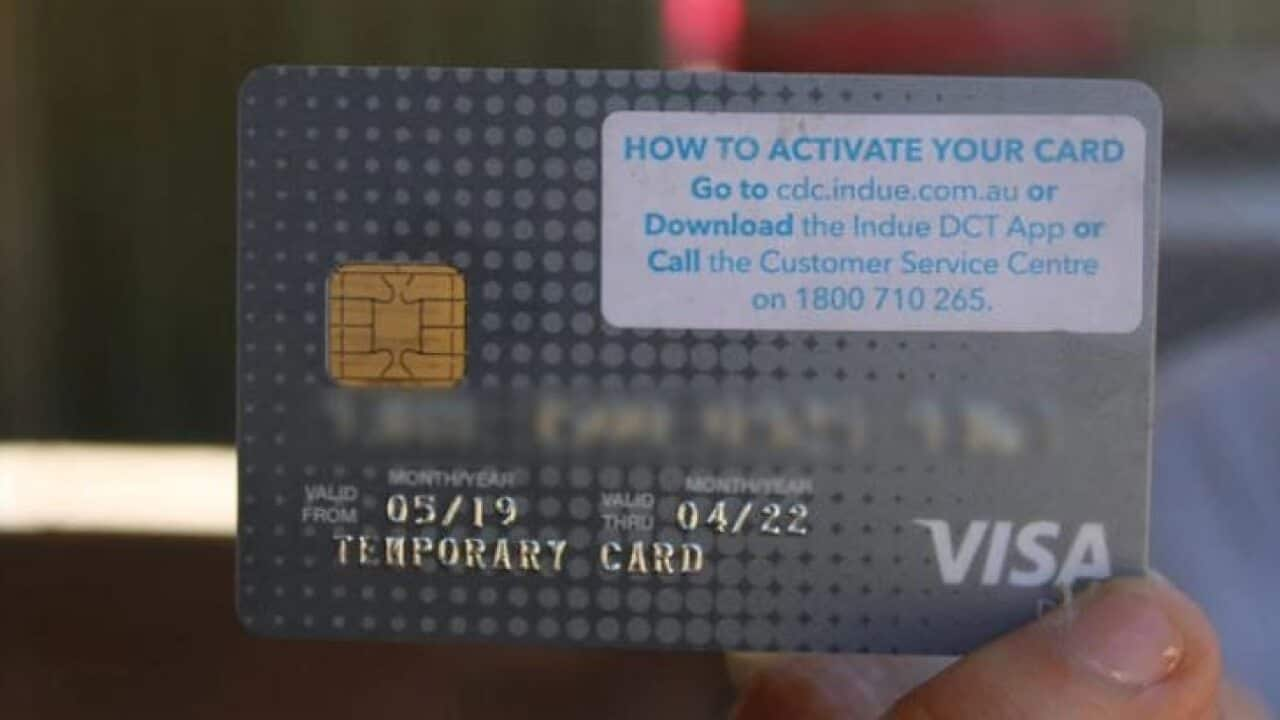Introduced by the coalition in 2016, the Cashless Debit Card (CDC) operates in the Northern Territory, Ceduna in South Australia, the Kimberley and goldfields region of Western Australia, and the Bundaberg, Hervey Bay and Cape York regions of Queensland.
People on the scheme have 80 per cent of their welfare payments quarantined onto the card and those funds cannot be used to withdraw cash or buy alcohol or gambling products.
More than 16,500 people are on the CDC and it cost taxpayers more than $36.5 million to run in 2020-21.
The scheme is designed "to assist people receiving income support to better manage their finances and encourage socially responsible behaviour".
So after five years of operation has it achieved those goals?
Ineffective evidence
According to the latest Australian National audit office report, there is little way of knowing.
This is due to "internal performance measurement and monitoring processes for the CDC program" being "not effective”.
“Monitoring data exists, but it’s not used to provide a clear view of program performance due to limited performance measures and no targets," read the report.
It's not the first time the audit office has raised concerns about the CDC.
During a trial of the scheme in 2018-19, it said the department’s "approach to monitoring and evaluation was inadequate".
Ruling: "it was therefore difficult to conclude if the CDC trial was effective in achieving its objective of reducing social harm and whether the card was a lower cost welfare quarantining approach".
The Audit Office also found the expansion of the project to remote and regional areas of Australia where it was imposed on mostly First Nations People, "was not informed by any effective second impact evaluation, cost-benefit evaluation or post-implementation review".
In its response to the audit report, the federal Department of Social Services said it had taken steps to address the shortcomings.
"Actions are either underway or already complete — this will strengthen the department’s oversight of the operations and effectiveness of the CDC program.”

The federal government's cashless debit card was be expanded to Western Australia's Goldfields region. Source: The Conversation
An estimated end
But it may be too little too late, Labor has long vowed to dump the CDC and that promise was further reinforced by the new Minister for Indigenous Australians Lindy Burney this week.
In her Lowitja O’Donoghue oration in Adelaide, Minister Burney committed to scraping the "punitive" program and instead replace it with "real jobs, real wages, proper conditions and more community control".
“Picking up where the old CDEP left off, making income management voluntary for individuals or communities," she said.

Minister for Indigenous Australians Linda Burney. Source: AAP




